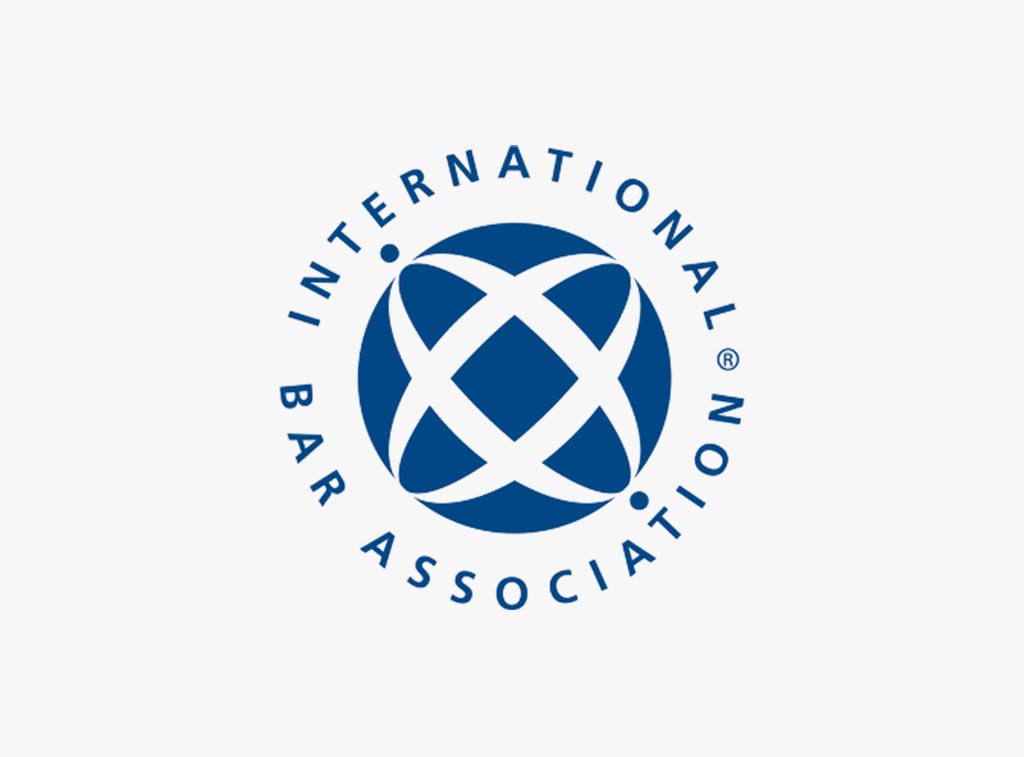The treatment of foreign parties in Austrian Civil Procedure: provision of security for procedural costs
Author: Rouzbeh Moradi
The Austrian Code of Civil Procedure (Zivilprozessordnung, hereinafter “ZPO”) regulates the costs of civil proceedings in Austria. As a general rule, the parties to a dispute pay the costs they incur for their involvement in the proceedings, and in principle the prevailing party is eventually awarded their costs.
The prevailing party seeking to enforce a decision on costs against a foreign party (i.e. a party without Austrian citizenship or with its place of habitual residence outside of Austria) may find it difficult to do so if the foreign party does not possess any assets in Austria against which the decision on costs could be enforced.1The prevailing party would thus be required to seek enforcement of an Austrian court’s decision abroad which could potentially lead to further difficulties.
To ensure that the costs of proceedings can be claimed by the prevailing party, § 57(1) ZPO stipulates that if a foreign party to a dispute appears as a plaintiff before an Austrian court with a claim arising out of or in connection with the provisions of the ZPO, then the foreign plaintiff is required –at the defendant’s request –to provide the defendant with security for the costs of proceedings. The purpose of this provision is to ensure the enforceability of any potential claim concerning costs.
In this regard, § 60(2) ZPO determines the amount of the security to be provided on the basis of the costs which the defendant is to reasonably incur during the course of the proceedings; the onus lies on the defendant to justify its costs. Such costs could include attorney and court fees, experts’ fees and all and any other costs arising during the course of the proceedings. However, it is important to note that costs arising out of possible counterclaims are not considered in the determination of the amount of security for costs.
Comment
In theory, the above provisions serve to provide a certain degree of stability and accountability for the costs of court proceedings in Austria. In practice, and depending on the nature of a dispute, the security to be provided could constitute a heavy burden for the foreign plaintiff to overcome and may thus effectively act as a barrier to access justice in Austria, thus disadvantaging a foreign plaintiff in front of the Austrian courts.
To remedy this eventuality, § 57(2) ZPO provides for certain exceptions that would exempt a foreign plaintiff of any obligation to provide security for costs. In short, there is no obligation for a foreign plaintiff to provide security for costs if: (i) the plaintiff has its habitual place of residence in Austria (§ 57(2)(1) ZPO); (ii) the Austrian court’s decision on costs is subject to enforcement in the foreign plaintiff’s state of residence (§ 57(2)(1a) ZPO); (iii) the foreign plaintiff disposes of sufficient immovable assets in Austria (§ 57(2)(2) ZPO); and (iv) the subject matter of the claim is of marital nature (§ 57(2)(3) ZPO).
The exception to the provision of security for procedural costs enshrined under § 57(2)(1a) ensures that foreign plaintiffs are placed on an equal footing –by existing laws and court procedures –with their Austrian counterparts with respect to the matter of procedural costs within the Austrian court system.
In this regard, an Austrian court seized of an application by a foreign plaintiff pursuant to § 57(2)(1a) ZPO must assess the enforceability of a costs decision in accordance with the law of the state ofthe foreign plaintiff’s place of habitual residence.
The Austrian Supreme Court in its decision in 2001 (OGH Rkv 1/01) –relying on an earlier decision in 1997 (1 Ob 63/97i) –outlined the general considerations that should be assessed in determining theapplicability of § 57(2)(1a) ZPO. The Court held that the national enforcement law and corresponding provisions of international treaties, including the enforcement behavior of the state (Verhalten des anderen Staats) in which the foreign plaintiff has its habitual place of residence are decisive in the consideration of the applicability of § 57(2)(1a) ZPO2. In sum, the foreign plaintiff applying for an exemption pursuant to § 57(2)(1a) must be able to demonstrate that a decision by an Austrian court would be enforceable in its place of habitual residence.
Conclusion
The Austrian Code of Civil Procedure provides for a framework for handling procedural costs within the Austrian court system. As a general rule, the prevailing party is awarded the costs of the proceedings. In response to a claim by a foreign plaintiff, the defendant may request that the foreign plaintiff deposit security for the procedural costs that would reflect the defendant’s costs of proceedings. A broad exception to this rule is found under § 57(2)(1a) ZPO for decisions on costs which would be enforceable in the place of habitual residence of the foreign plaintiff. In this regard the onus lies with the foreign plaintiff to apply for the exception by demonstrating that the decision by theAustrian courts is enforceable in its habitual place of residence. This provision, among others, provides for a certain degree of fairness and equality in the treatment of foreign parties in the Austrian court system.
1For a more detailed assessment of the definition of what constitutes a foreign party for the purposes of the Austrian Code onCivil Procedure, see for example: Legal Aspects Regarding Foreign Parties in Austrian Civil Courts by Walter H. Rechberger, in “The Culture of Judicial Independence in a Globalised World”, edited by Shimon Shetreet, Wayne McCormack. Brill Nijhoff, 2016, p. 263-4.
2These considerations laid out by the Supreme Court were most recently relied upon by the Regional High Court of Linz inits decision of January 2020 (2 R 186/19t).


